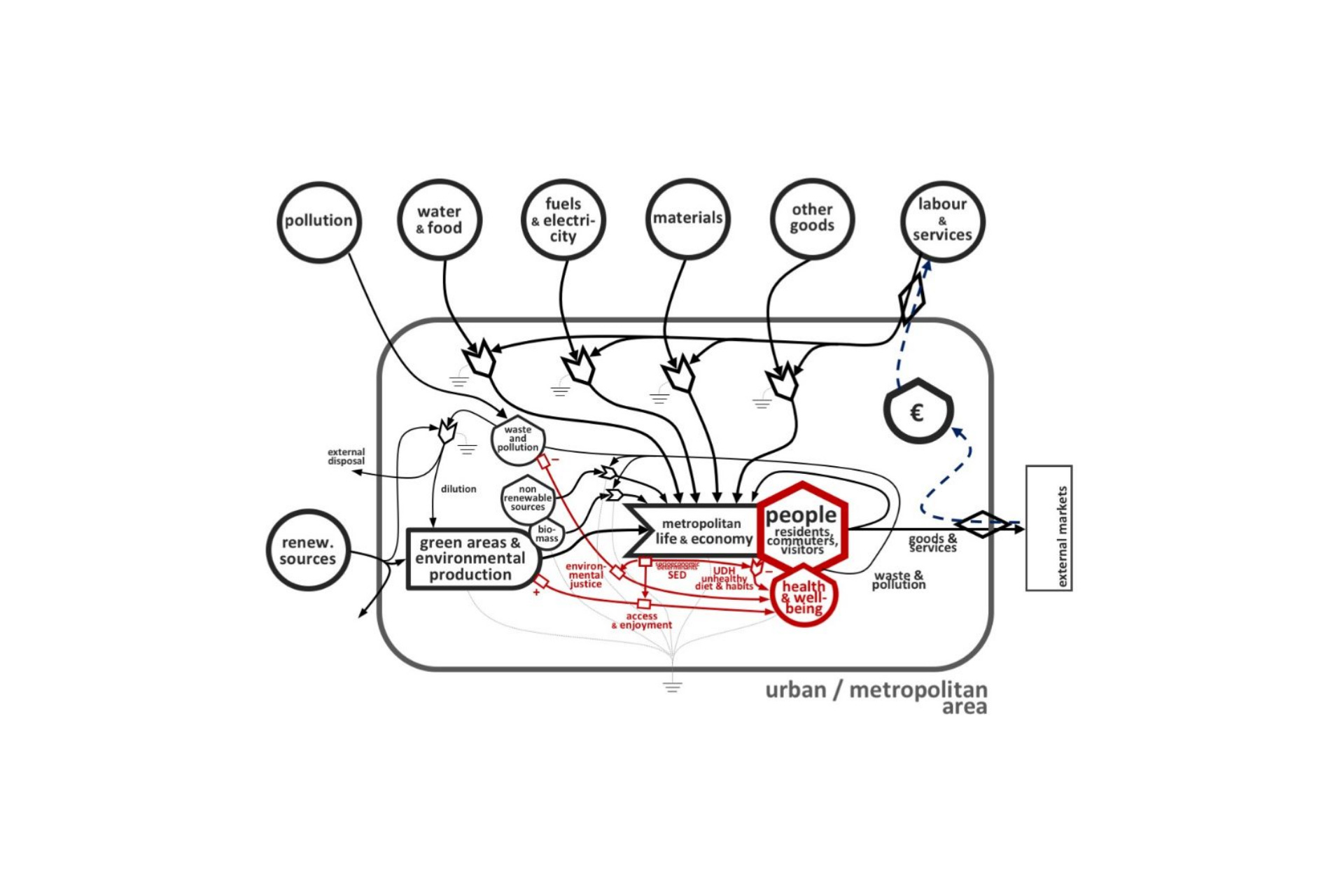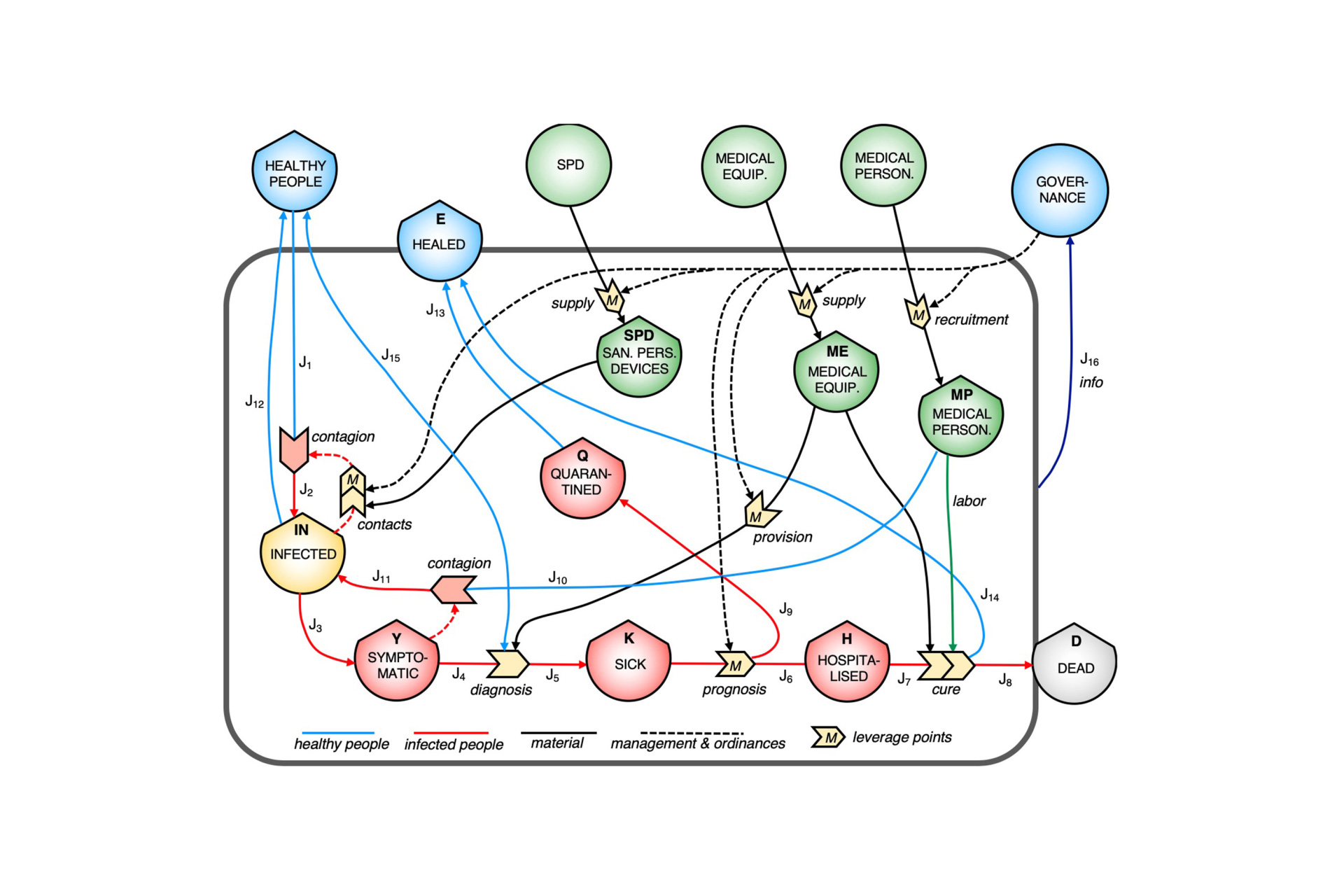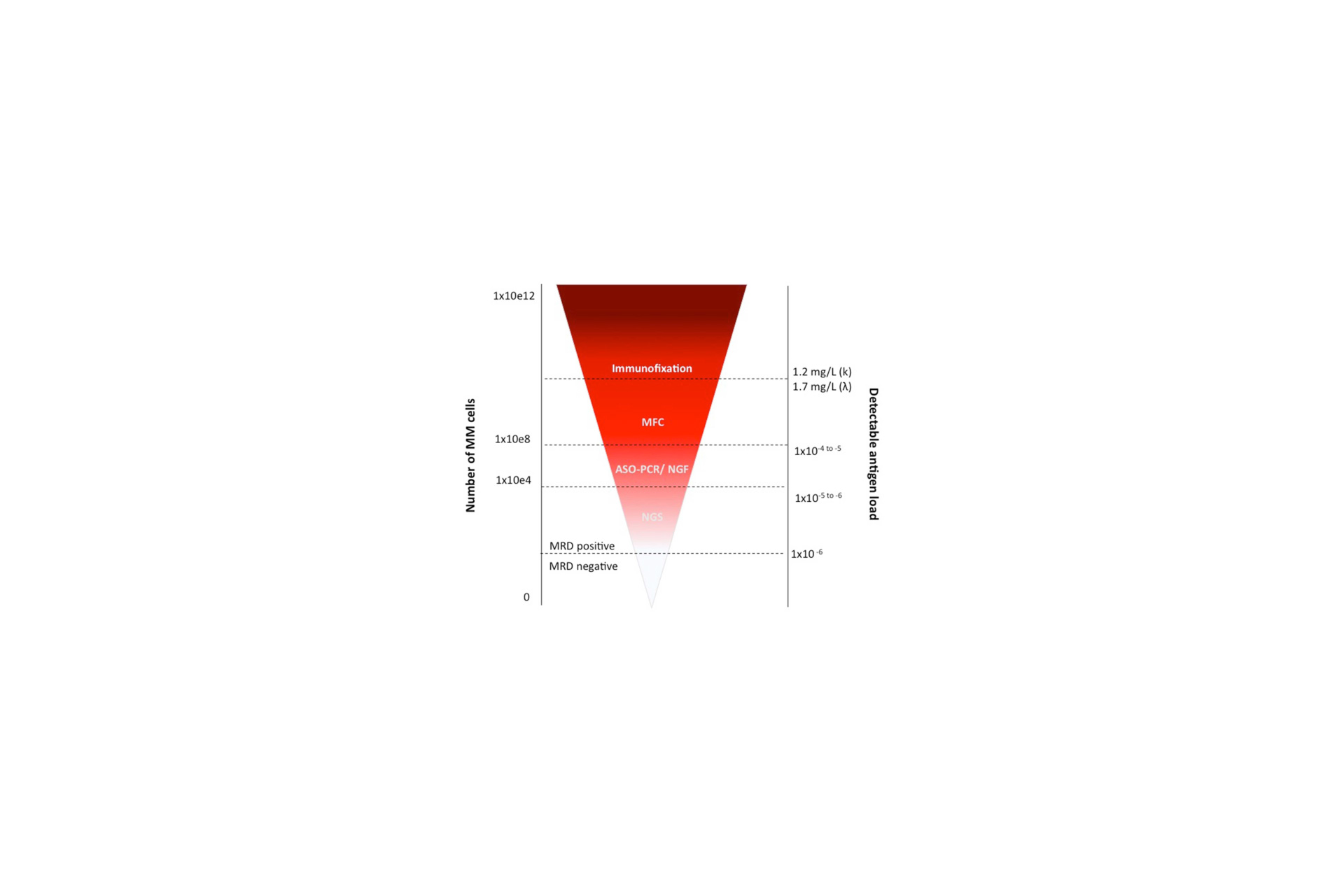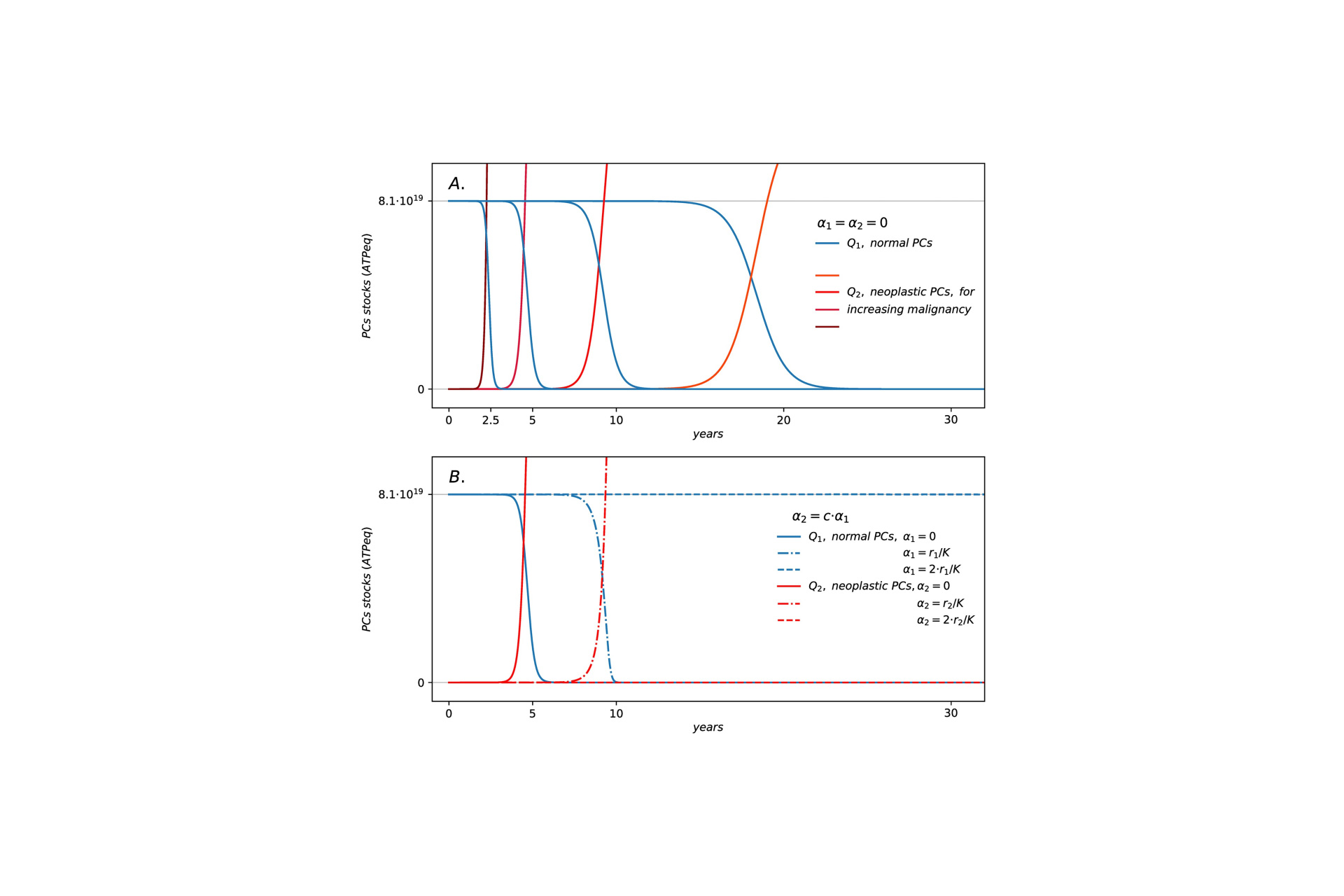Silvio Cristiano ¹ ,² ,³ ,⁴ ,⁵* and Samuele Zilio ⁶
¹ Department of Environmental Sciences, Informatics and Statistics, Università Ca’ Foscari Venezia, 30172 Venice, Italy
² Department of Molecular Sciences and Nanosystems, Università Ca’ Foscari Venezia, 30172 Venice, Italy
³ Institute for Global Challenges, Università Ca’ Foscari Venezia, 30123 Venice, Italy
⁴ Department of Civil, Environmental and Architectural Engineering, Università degli Studi di Padova, 35131 Padua, Italy
⁵ Interuniversity Department of Regional and Urban Studies and Planning, Politecnico di Torino, 10125 Turin, Italy
⁶ Institute for Renewable Energy, EURAC Research, 39100 Bolzano, Italy; samuele.zilio@eurac.edu
*Correspondence: silvio.cristiano@unive.it or silvio.cristiano@unipd.it or silvio.cristiano@polito.it
ABSTRACT
An increasing interest has been present in scientific literature and policy making for the links between urban environments and health, as also learnt from the COVID-19 pandemic. Collaboration between urban planning and public health is therefore critical for enhancing the capabilities of a city to promote the well-being of its people. However, what leverage potential for urban health can be found in existing plans, policies, and strategies that address urban health? Starting from the relationship between urban systems and health issues, the purpose of this contribution is to broaden the systemic knowledge of urban systems and health so as to try to figure out the impact potential of local urban governance on public health. Considering the systemic nature of health issues, as defined by the World Health Organisation, this is done through a systems thinking epistemological approach. Urban health proposals are studied and assessed in four European cities (Copenhagen, London, Berlin, and Vienna). Current criticalities are found, starting from the guiding goal of such proposals, yet a systemic approach is suggested aimed at supporting and evaluating lasting and healthy urban planning and management strategies.






